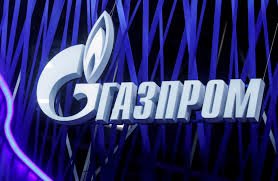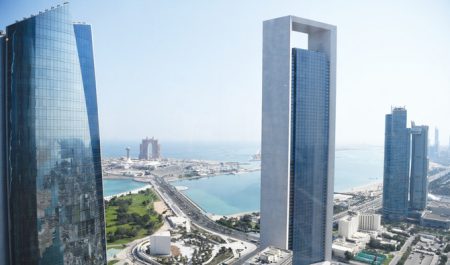 Vilnius — Gazprom has lost a third of its share of the Finnish gas market after a new pipeline made it possible to import liquefied natural gas (LNG) via the Baltic States, data from Gazprom and Estonian gas grid operator Elering showed.
Vilnius — Gazprom has lost a third of its share of the Finnish gas market after a new pipeline made it possible to import liquefied natural gas (LNG) via the Baltic States, data from Gazprom and Estonian gas grid operator Elering showed.
The Balticconnector pipeline, which opened early this year, links Finland and Estonia and can also send gas to the Baltics.
In the first nine months of 2020, a total of 5.8 terawatt-hours (TWh) of gas was exported to Finland via the pipeline, data provided by Elering showed.
Meanwhile, direct gas exports from Russia to Finland over same period dropped by 35% to 11.4 TWh, from 17.6 TWh over Jan-Sept in 2019, Gazprom’s quarterly data, published on its website, showed.
Natural gas prices between Finland and the Baltic states of Estonia, Latvia and Lithuania vary due to their access to the global LNG market, ability to store gas in Latvia and different Russian gas supply contracts.
Haroldas Nauseda, board member at Lithuanian state-controlled gas trader Ignitis, told Reuters: “In 2019, gas in Finland cost about 7 euros per MWh more than in Lithuania, a difference of 150 million euros for the full year.”
“Today, there’s little difference left.”
Ignitis supplied 2.23 TWh to Finland over Jan-Sept and expects to keep the share in Finland next year, Nauseda said.
Most of the gas came from the only large-scale LNG import terminal in the Baltic states, in Lithuania, with capacity of 39 TWh per year.
Built to transport about 25 TWh of gas per year, Balticconnector has been limited to about 11 TWh per year due to delays upgrading compressor stations.
Gazprom is also facing competition in other parts of Europe from LNG imports, including from the United States.
The Baltic and Finnish gas markets will be connected to mainland Europe at the end of 2021 by a new pipeline linking Lithuanian and Polish gas grids, potentially bringing in more competition.
“The four countries consume about 60 TWh of gas per year, compared with 200 TWh in Poland, so the region will attract international players,” Nauseda said.
(Reporting by Andrius Sytas Editing by Jane Merriman and David Goodman)



